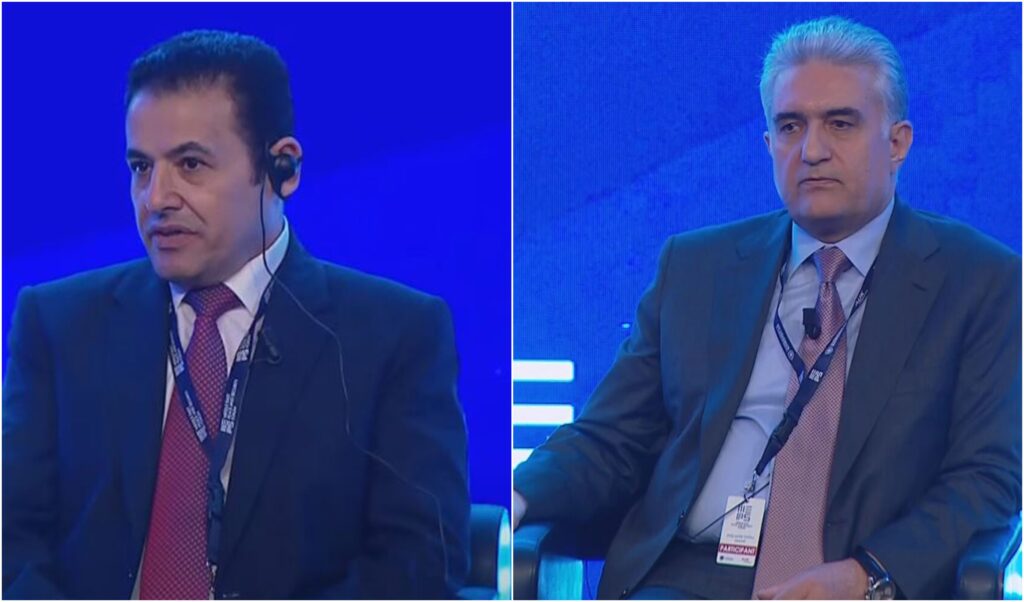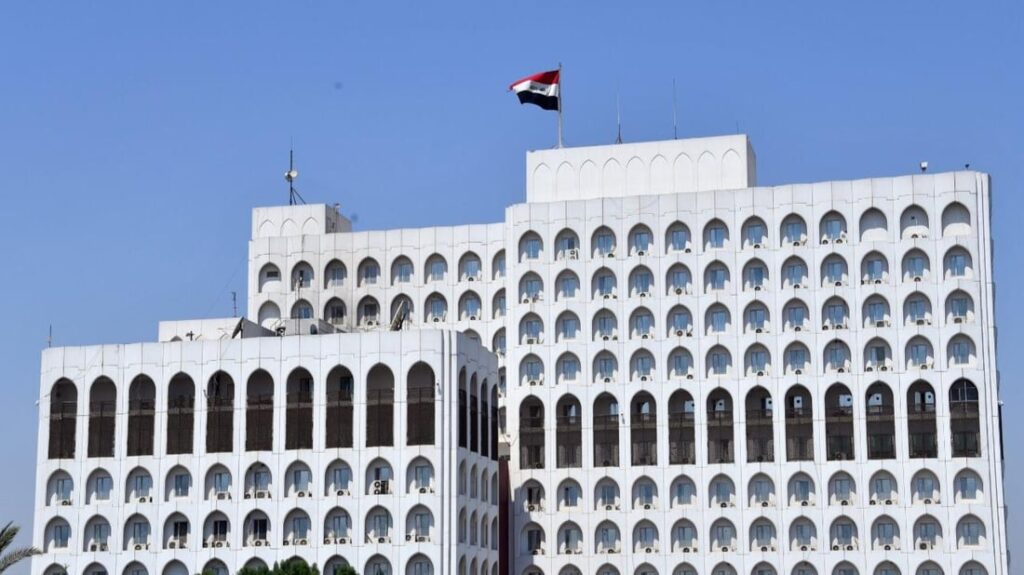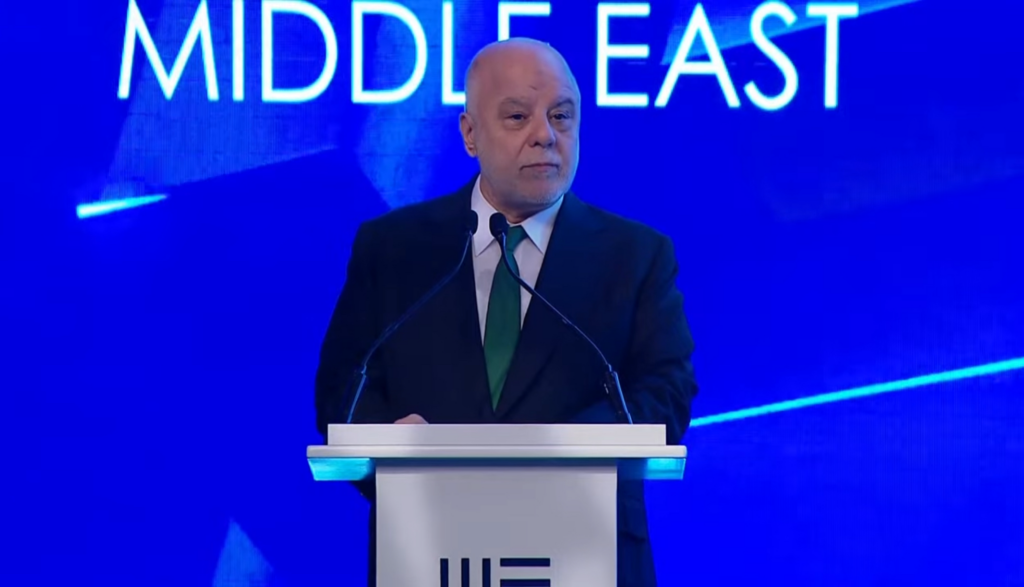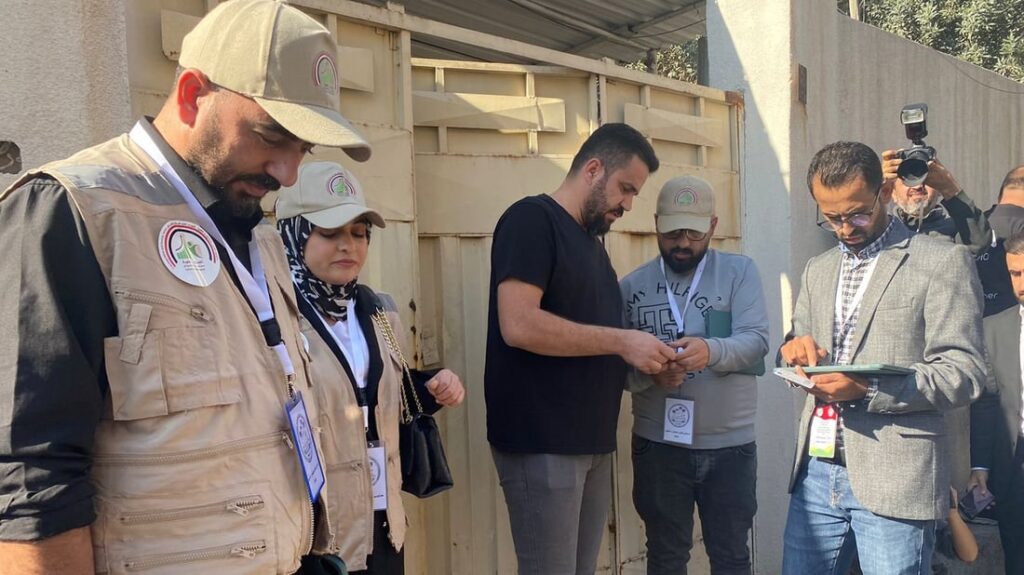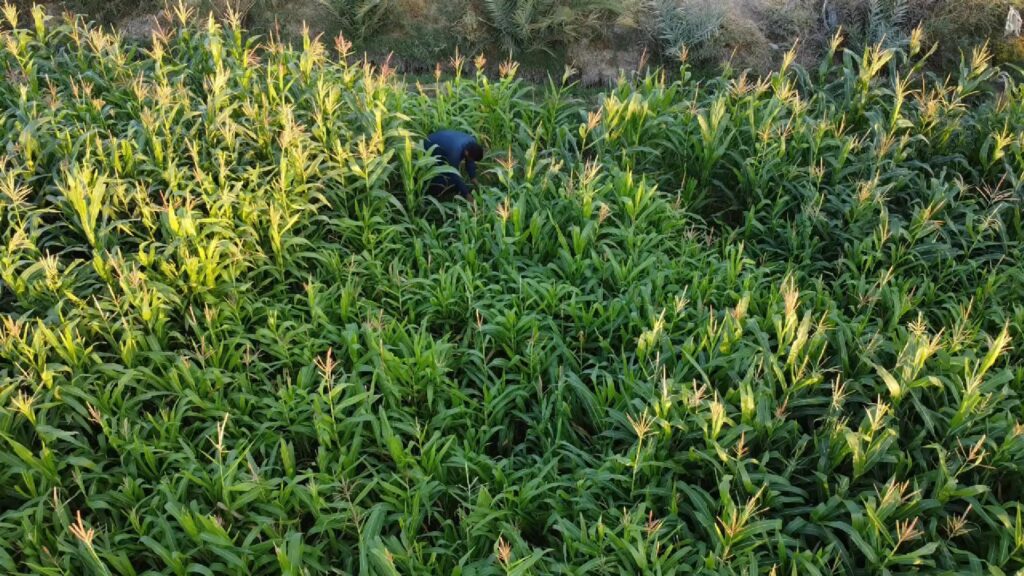Iranian press review: Critics question foreign minister's strategy in tour of the region

Conflicting reactions to Araghchi's tour
The recent visits of Iranian Foreign Minister Abbas Araghchi to Iraq and Oman, coupled with the termination of the indirect communication channel between Tehran and Washington, have sparked a range of reactions in Iran.
While some experts praised Araghchi's trip as a positive step towards de-escalating tensions, others criticised the government for its lack of a coherent foreign policy.
Hamidreza Dehghani Podeh, Iran's former ambassador to Qatar, highlighted the dual positive messages conveyed by the regional visits.
Speaking to the reformist Etemad newspaper, he said, "First, [it shows] the Islamic Republic of Iran is not only seeking to send its messages through its missiles, and second, it demonstrates courage in maintaining security, national interests, and territorial integrity."
In contrast, other analysts see cutting off an indirect communication line with the US as indicative of a shift in the foreign policy under President Masoud Pezeshkian.
Abolghasem Delfi, Iran's former ambassador to Serbia, France, Belgium, Colombia and Chile, has emerged as a critic of Pezeshkian’s foreign policy.
In an interview with the Shargh daily, he said, "The foreign policy of the Pezeshkian government has been distorted and follows a zigzag course."
He further argued that cutting off communication with the US aligns with the interests of the Israeli government, calling this action contrary to the de-escalation policy that Pezeshkian has advocated.
"The de-escalation desired by Pezeshkian is fundamentally different from Araghchi's recent diplomatic tour of Middle Eastern countries… Engaging in tension with Israel is what Netanyahu wants, and the result is the erosion of trust with the western world," he said.
IRGC veteran summoned over Hezbollah pager claims
One of the former commanders of the Islamic Revolutionary Guard Corps (IRGC), who said in a TV programme last week that an Iranian company bought pagers for members of Hezbollah, has been summoned to Iran's military court.
Read More »On Sunday, Mizan News Agency, which is linked to Iran's judiciary, reported that a court case has been filed against Masoud Asadollahi and that he is being prosecuted. However, various official sources in Iran denied this claim.
Asadollahi is a professor at IRGC University and a former adviser to Qassem Soleimani, the previous commander of the Quds Force. Because of his close ties with IRGC commanders, Asadollahi's statements about Hezbollah's pagers has sparked strong reactions.
Regarding the reasons behind his summoning, the Mizan News Agency said: "His statements could be seen as spreading false information, disturbing the public, and even posing a risk to national security."
The news agency also added that during questioning, Asadollahi admitted that his statements were incorrect.
Journalist praises Lebanon's internet
Tasnim's correspondent, Hamed Hadian, has praised the high-speed internet in Lebanon, fuelling discussions about internet censorship and connection speed in Iran.
Hadian, a journalist with close ties to the IRGC, recently travelled to Lebanon to cover Israel's attacks. "Lebanon's good and unfiltered internet makes you feel good," he wrote on X.
In Iran, many social media platforms, like X, Instagram, Facebook and Telegram, are restricted, and the government also blocks access to independent news websites for Iranian users.
As a result, Hadian's post prompted widespread discussion about the filtering policies implemented by conservative politicians and IRGC-affiliated groups.
Reacting to Hadian's tweet, under the headline "Tasnim reporter's excitement for Lebanon's free internet!", Rouydad 24 wrote: "The state of the internet in Lebanon is indeed notable, especially as Iran remains embroiled in debates over censorship, facing strong opposition and challenges in finding a solution."
The internet speed in Lebanon is known to be overwhelmingly slow.
Expert rejects THAAD deployment speculation
Abdolreza Faraji Rad, a former diplomat and one of the former advisers to the Iranian supreme leader, rejected the theory that the US delivery of the THAAD anti-missile defence system to Israel is intended to prepare Tel Aviv for a large-scale attack on Iran.
Read More »On Tuesday, as the US confirmed the arrival of the first THAAD system in Israel, Faraji Rad wrote in an editorial for the Saazandegi daily that "the US seeks to calm Israel to some extent by deploying the THAAD system.
"This analysis which claims that the United States is seeking to intensify or deepen attacks on Iran by deploying the THAAD system in Israel, is not true… and in the current situation, the US does not want to start a regional war," he added.
According to this international relations expert, the US has held talks to deter Israel from attacking Iran’s nuclear facilities and oil industry.
He suggested that the talks have led to a package of financial aid and weapons being sent to Israel, and the deployment of the THAAD air defence system is in line with these discussions.
Although Faraji Rad does not currently hold an official position in Iran, his views reflect the various options being considered within the circle of foreign policy advisers in the Iranian establishment.
* Iranian press review is a digest of news reports not independently verified as accurate by Middle East Eye.



